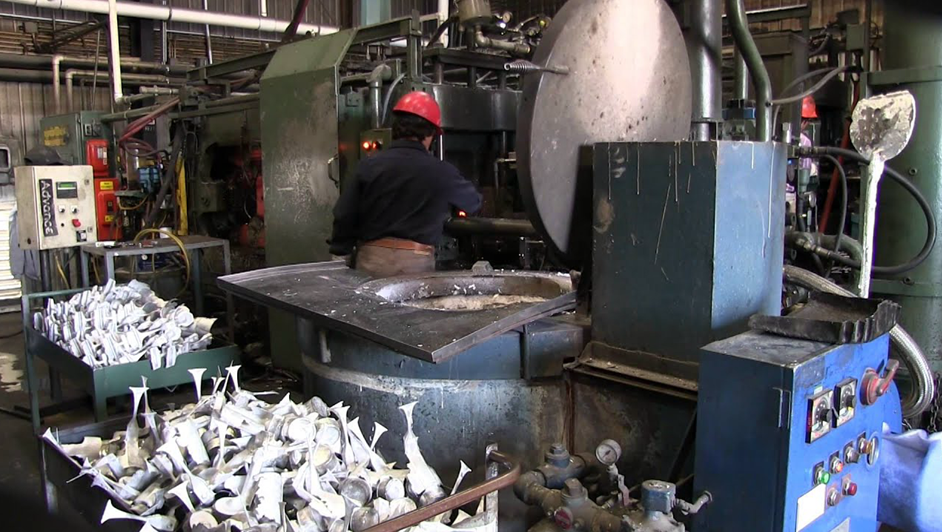
Bicicleta deportiva para niños populares Bicicleta de equilibrio para niños de alta calidad Bicicleta para niños

Bicicleta eléctrica Aleación de magnesio 12 pulgadas Rueda integrada 36v10ah Ciclomotor eléctrico

Factory Custom China Bmx Cycles Road Sport Kids Bicicleta 12 16 18 20 pulgadas Ciclo Mtb para niños 6-10 años

Bicicleta para niños de aleación de aluminio y magnesio de 3 a 8 años, gran oferta barata, bicicleta para niños de 14 pulgadas para siempre, venta al por mayor 2022

Bicicletas para niños, bicicletas para niños de 3 a 16 años, niño/OEM, bicicleta para niños, bicicletas de montaña para niños 2022

Bicicleta Freehub 12/14/16 pulgadas Bicicleta para niños Bicicletas Low Rider Aleación de aluminio y magnesio Bicicleta para niños 3-8 años En stock

2022 Wholesale Hot Sale Bicycle Parts Magnesium Alloy Children Bike No Pedal Balance Bicycle Kids Multiple Colors Available

Wholesale Magnesium Alloy Baby Cycle For 3 To 5 Years Old 12 Inch Kids Cycle OEM Cheap

 0086-750-5616188
0086-750-5616188 +86 13392089688
+86 13392089688 sales@zhongmei-tech.com
sales@zhongmei-tech.com









